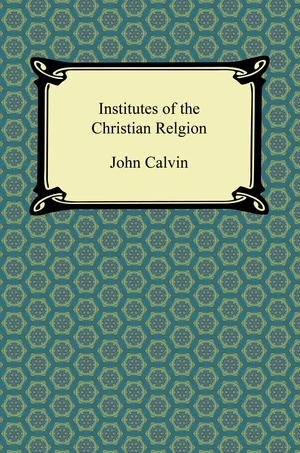John Calvin's magnum opus "The Institutes of Christian Religion" is a monumental text of Christianity and a foundational work of Western Civilization. First penned in 1536 in Latin, this seminal work of protestant theology has been translated into countless languages and studied widely by theologians, pastors, university students, and religious scholars alike for nearly five hundred years. In it, John Calvin sets out to examine, challenge, and critique the accepted Catholic doctrines of his day. He takes up Christian sacraments, justification by faith alone, and Christian liberty to introduce his vision of a reformed Christian theology. Calvin stays close to the scripture and with a lucid and sober mind establishes what would come to be known as Calvinism: the belief in predestination, the authority of Biblical scripture, and the sovereignty of god. This text firmly situates him alongside Augustine, Origen, and Thomas Aquinas as a great and formative religious thinker and writer. Calvin uses ethics, apologetics, eschatology, and biblical exegesis to create the architecture around modern Protestantism. "Institutes" quickly became a controversial and widely read text and many view it as pivotal in inciting the great Reformation of the 16th century. Calvin intended for the book to act as an introduction to the Protestant faith, and, in this vein, "Institutes" remains a central text to the millions of the world's Calvinists and stands as a major work of western civilization.
Historique des prix
25 oct. 2021
0,95 €

